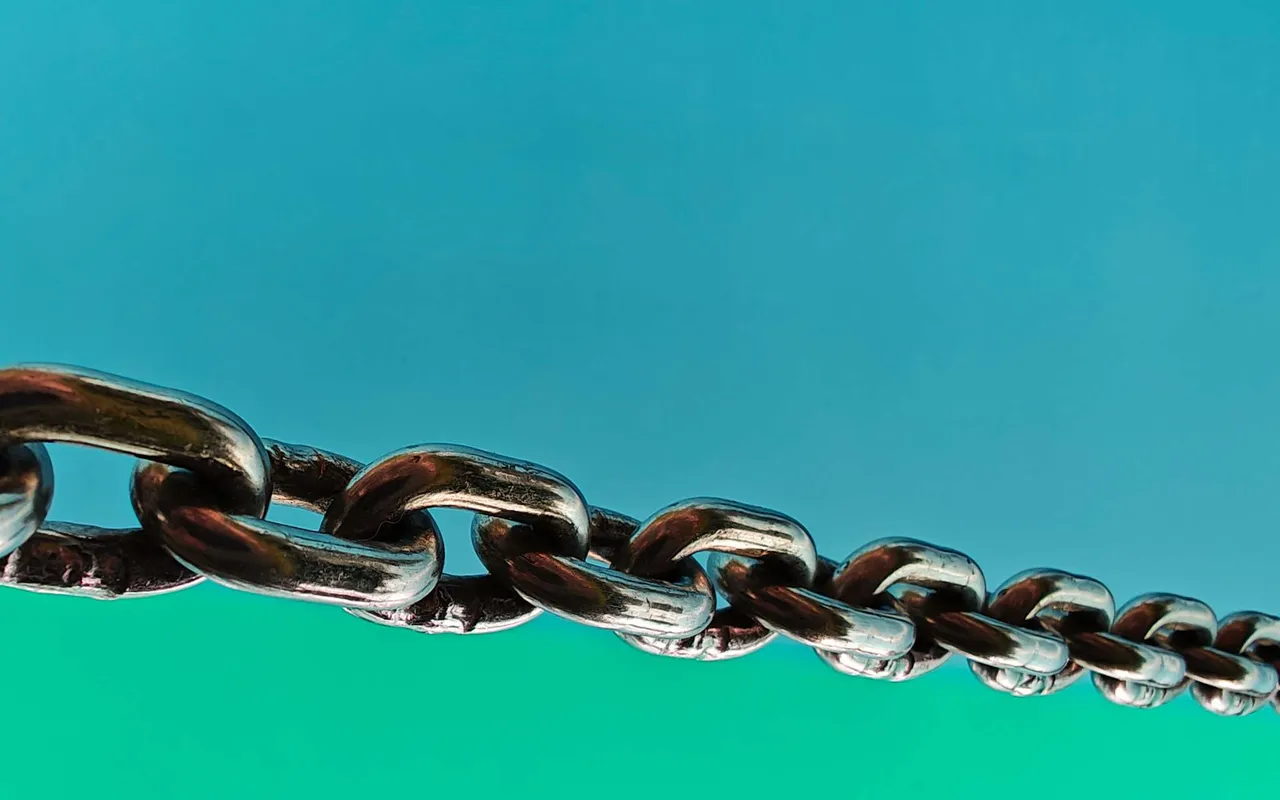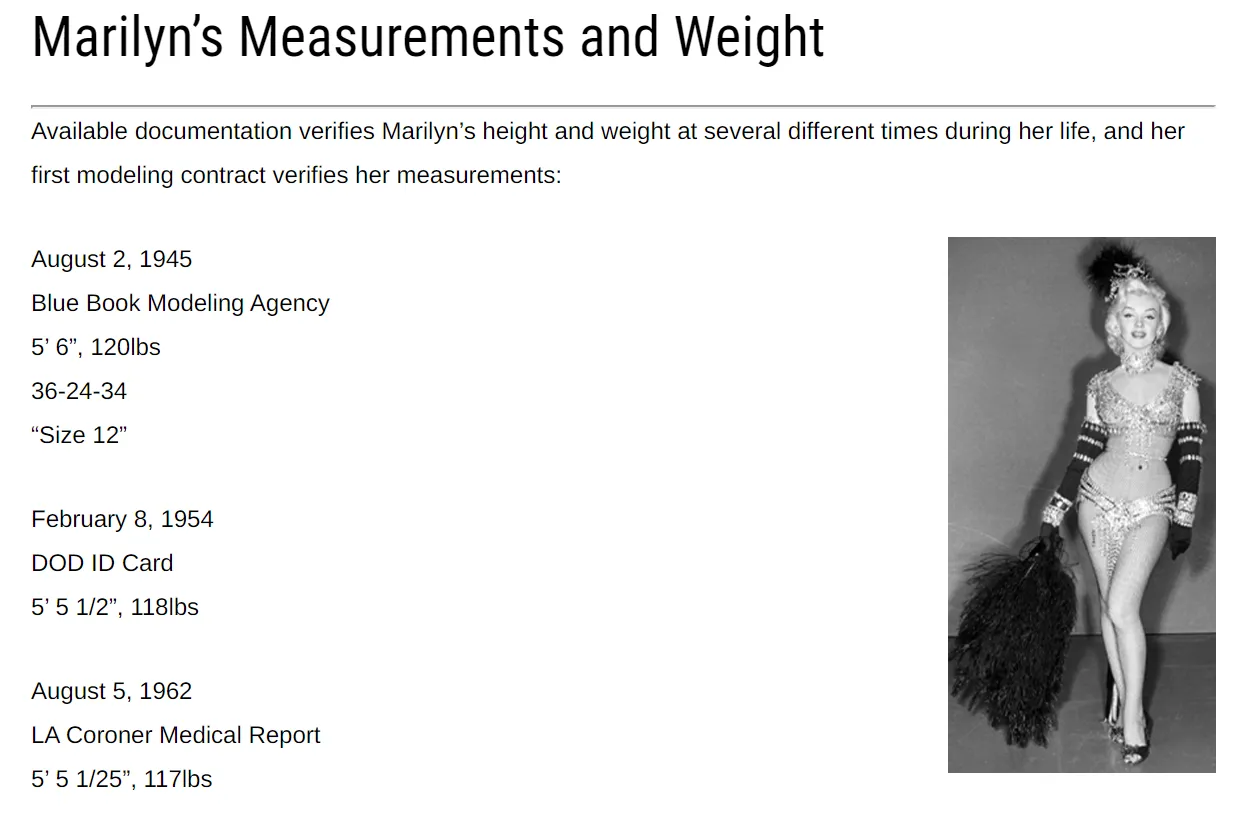There is a lot of complexity in life - lots of little details that we should to pay attention to, but can't, because we just don't have the bandwidth. As a result, we miss something here, another thing over there, and pretty soon, we have gaps all over. Micro breaks in the supply chain that feeds our lives, and our lives become filled with unintended consequences.

While humans can be resilient and adaptable, the systems we create are fragile. Unlike nature, that has no opinion and just builds and destroys as the need requires, we decide that somethings are more important than others, some things worth holding onto, even if it isn't in our best interest to do so. This means that when we build, we will favor some aspects over others, and when we consume, we will pay attention to some parts, more than others. On top of this, with limited bandwidth and increasing complexity, we are increasing the distance and lagging further behind.
But, it isn't just what we do as individuals that break our chains, it is everything piled on top of everything else. While our economy is a shambles by design, the environment, the food supply, industries and a million other things that affect us, are also broken too. Part of the reason for this is that we are driven by incentive, which means where the incentive offers the return we are after, we will shift our attention there. It really is basic economics of supply and demand.
But at the personal level, we are also broken, because while we are "all" rational actors (in our own mind), we tend not to act in our real self-interest, but rather on an opinion of what we think is in our own self-interest. This means that we will design our lives to get more of what we want, even if what we want means that we are worse off. And, then we will justify the course of action, by diverting our attention away from the real problems, so we don't have to face them.
You know how curvy women post images and quotes about how they love their body, comparing it to Marilyn Monroe's size 16? That is great that they are happy, but they are also missing some details, like sizes change.

Marilyn's "Size 12" in 1945 was 36-24-34. Today, a size 12 is 38.5-30.5-41. That is a significant difference. And her waist size is a size 4 UK, her height makes her a small, and her weight puts her in the extra small category. Does Marilyn still qualify as "curvy" in today's culture?
I bring this up as it is a visual disconnect from what people say, and what they do, with that gap between making an impact on their actions, as well as their opinions about themselves, and their health. We can believe something to be true, without it actually being true, and it can be detrimental to our wellbeing. Much like those Facebook influencers who post inspirational quotes and images about how happy they are, only to be chronically depressed and suicide not too long after. These things are an overcompensation for reality, actively avoiding seeing what links in the chain are broken, thereby not having to repair them.
It takes time to get out of sync, it takes time to repair problems. But, we live in an on-demand culture, where people don't have the time to invest into improvement, just into consumption. But more than that, having everything at our fingertips makes us impatient and worse, entitled, because we expect to get what we want, when we want it. We expect to be able to eat our cake, have it too, sell it for a profit, and have no negative consequences.
And this entitlement and impatience has other effects, especially since we are also encouraged to consume, and we have any content we desire at our fingertips. For instance, I brought up with a friend the other day the possibility that the increase in sex crimes could be linked to the on-demand culture, where people expect to get what they want, when they want it. And then, layer in that we are less community conscious, socially responsible and increasingly disconnected from each other, seeing relationships as transactional, and lots of parts of the chain are broken, resulting in unintended consequences.
And this is largely driven by those incentives to maximize profits at any cost, because in order to do so, it encourages manipulation of the system, manipulation of the target market, manipulation of demand to favor one action over another, in an ecosystem where competitors are doing the same. Societal wellbeing doesn't factor into the business models, at all.
Advertisers aren't selling ideals. What they are doing is tapping into our insecurities, or feeding our opinions of ourselves in order to sell their product. Their goal is to increase profits of a company, regardless of whether it is in the best interest of the buyer or not, because that is what they are incentivized to do. And their customer is incentivized to pay attention to the advertisement, because that takes their attention so they don't have to face the reality of themselves.
If we look at personal wellbeing as a supply chain of resources and activities, what we would likely find is that there are a lot of holes that are decreasing efficiency, and reducing effectiveness. But, the incentive to ignore these deficiencies is seemingly higher than the cost of keeping them.
However, broken links lead to more broken links and problems cascade, fractalling out into the landscape of our lives, disrupting the environment needed for our wellbeing at an increasing rate. It is just like breaking nature's food chain, where even a small change can have large unintended consequences down the line, even though we didn't know what effect the change would have in the future.
Is, "I didn't know" a good excuse?
- I didn't know smoking was bad.
- I didn't know obesity was dangerous.
- I didn't know rape was wrong.
- I didn't know it would harm society.
- I didn't know where it would lead.
But with so much complexity, so many independencies, so many differing views, conflicting science, adherence to cultures and wants to have desires fulfilled, "I didn't know" becomes an excuse, because there is far too much to know, and our attention is so often taken away from what matters, to something that doesn't, because it is incentivized to be so. It makes money for the supplier, and buys avoidance for the consumer. And all of these things cascade into a raging waterfall, that falls off the cliff, into the abyss.
All that will be left at the bottom, is broken links.
Taraz
[ Gen1: Hive ]